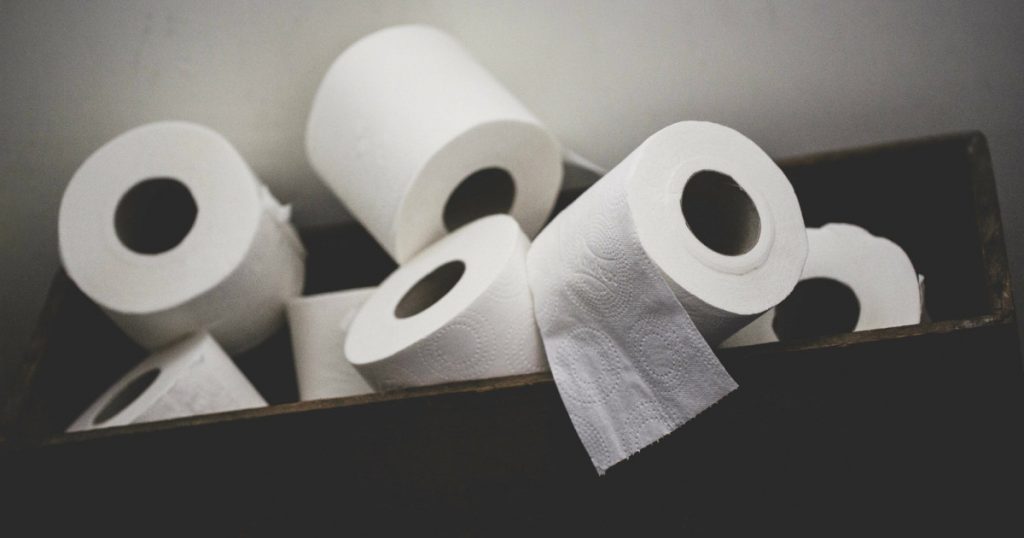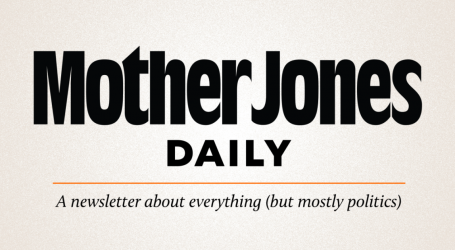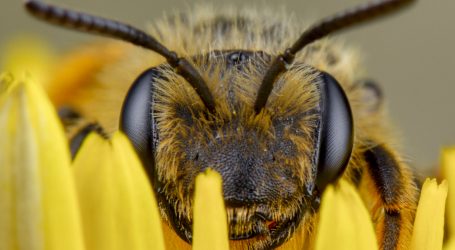We Are Flushing Away Our Forests
Mint/ZUMA
This story was originally published by the Guardian and is shared here as part of the Climate Desk collaboration.
Toilet paper—the one product that the majority of us use just once and flush away—is becoming less sustainable, according to research.
Analysis from Ethical Consumer magazine found that major brands were using less recycled paper than in 2011, while only five of the nine major supermarkets (the Co-op, Morrisons, Sainsbury’s, Tesco and Waitrose) offered an own-brand recycled toilet paper. The large-scale use of virgin paper contributes to unnecessary deforestation.
The UK uses 1.3m tonnes of tissue a year, according to the Confederation of Paper Industries, with the average British consumer reportedly getting through 127 rolls every year. But the growing trend for “luxury” four-ply and quilted toilet roll is fuelling the use of virgin pulp in an effort to create the softest product, the study claims.
“There is no need to cut down forests to make toilet roll, yet this is precisely what is happening,” said Alex Crumbie, a researcher for Ethical Consumer. “With consumer attention focused on plastic, some of the big brands have slowed and even reversed their use of recycled paper in the toilet rolls they make.”
The study singles out Kimberly-Clark, one of the biggest suppliers of toilet tissue worldwide. The proportion of recycled wood pulp used by the company has fallen over the years. In 2011, just under 30 percent of the total fibre used was recycled, but by 2017 this figure had fallen to 23.5 percent. Its popular Andrex brand used to offer a recycled/bamboo range but this was discontinued in 2015.
A 2017 Greenpeace report warned that large parts of Sweden’s Great Northern Forest, and the biodiversity contained within it, were under threat from the timber industry’s growing demand for virgin wood.
The new research flags to consumers that the chemicals used in the production of recycled paper are far less toxic than those used to bleach virgin pulp. It also warns consumers to be wary of thinking an FSC label on toilet roll is enough to ease their conscience.
Most toilet rolls use the FSC Mix mark. This means the paper is made from a mix of FSC virgin wood, recycled, and virgin wood from “controlled sources.” These are not fully certified FSC forests, but are considered low risk.
Kimberly-Clark said: “As one of the world’s largest buyers of market pulp, we know that protecting forests is critical to creating a resilient supply chain for our products. By having the Forest Stewardship Council (FSC) trademark on packaging for products like Andrex, we’re using the strong reputation of our brands to raise awareness of responsible forestry around the world.”
The study recommends Ecoleaf, Essential, Traidcraft, and Who Gives A Crap (the recycled paper version).
“Only around 30 percent of the world’s population uses toilet roll,” Crumbie added, “so we know that there are lots of perfectly hygienic alternatives to using paper-based products. It’s important we consider what we’re using to wipe our behinds with, because at the moment our precious planet is getting a bum deal.”





